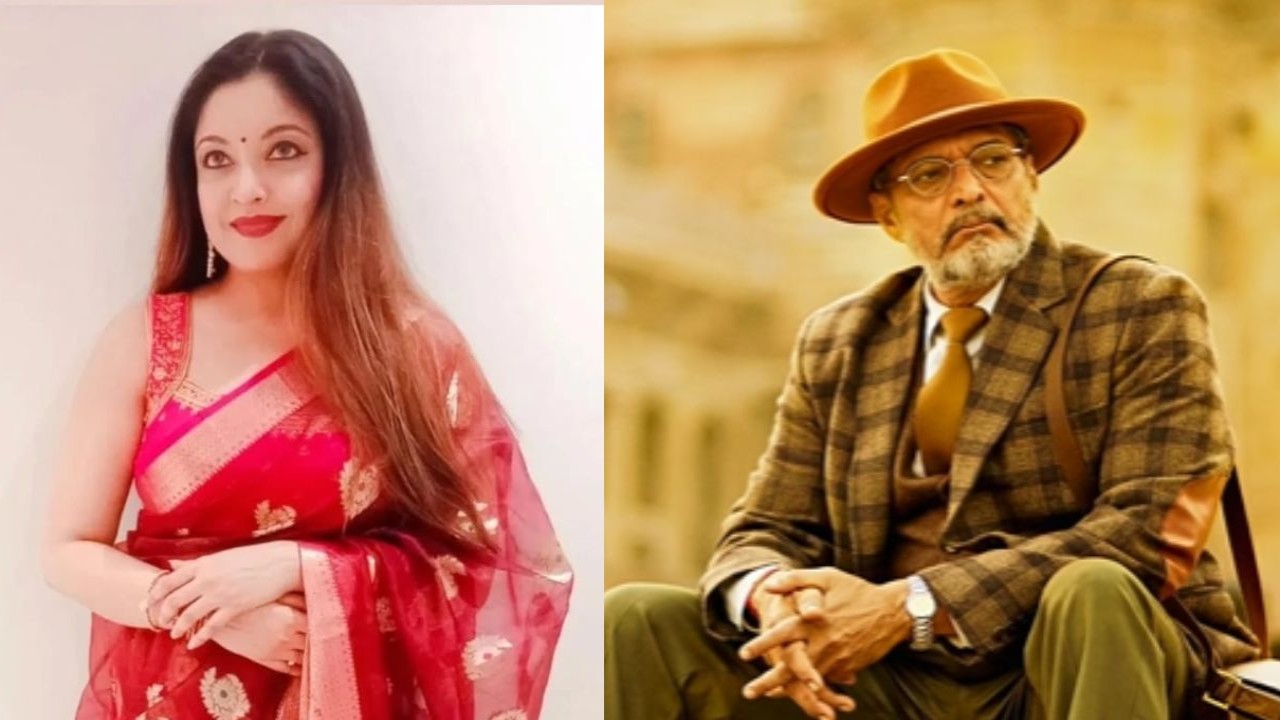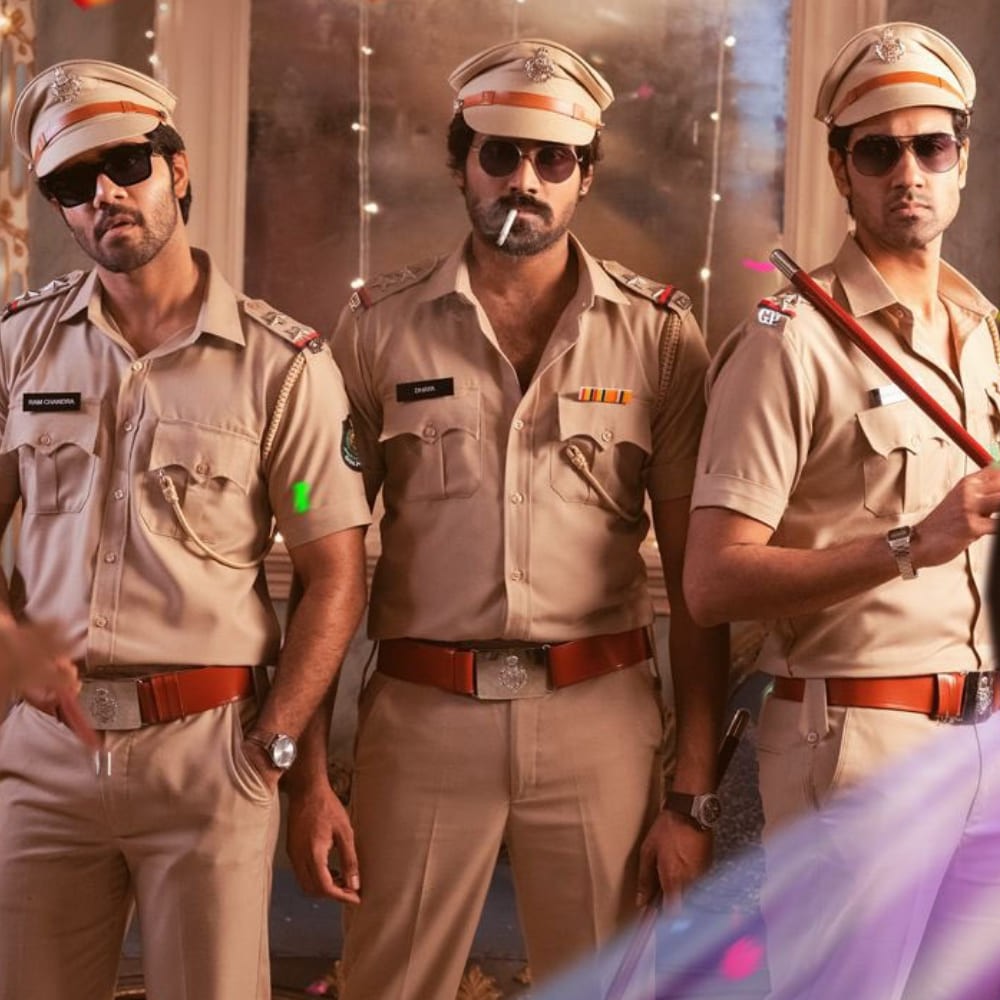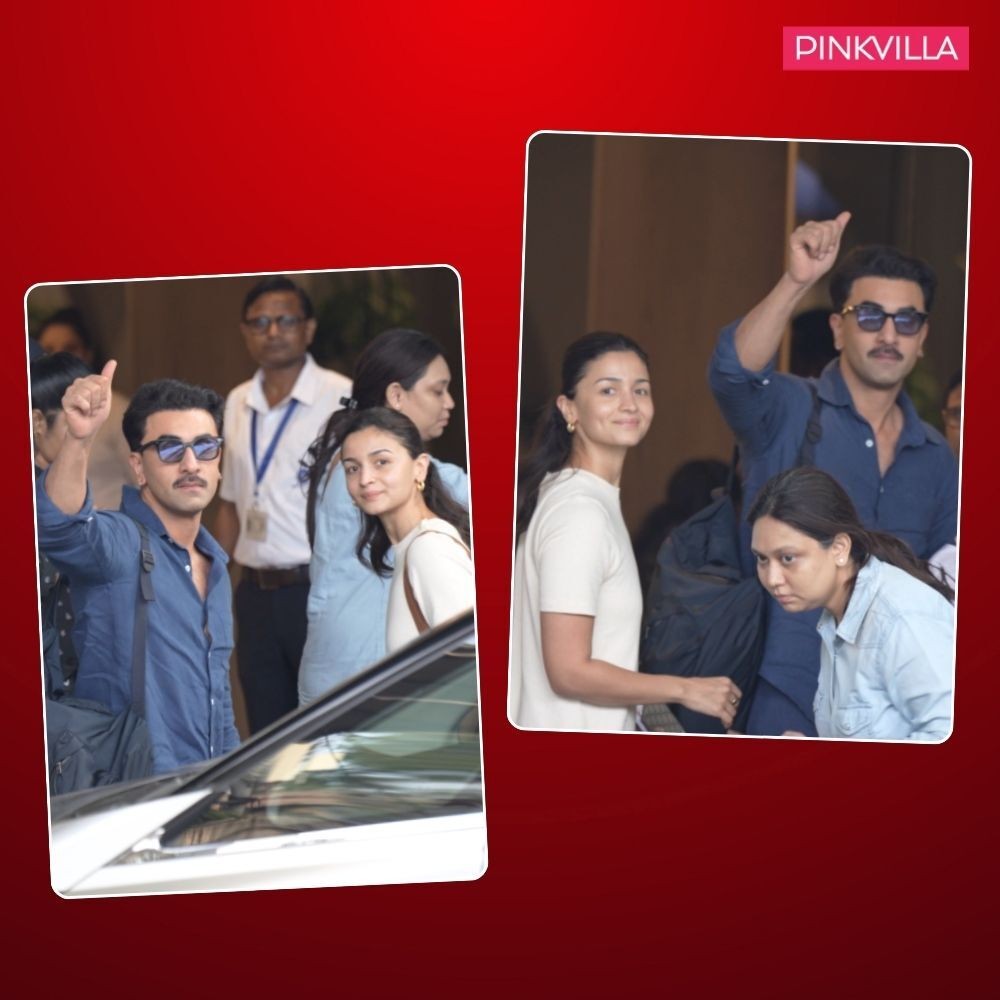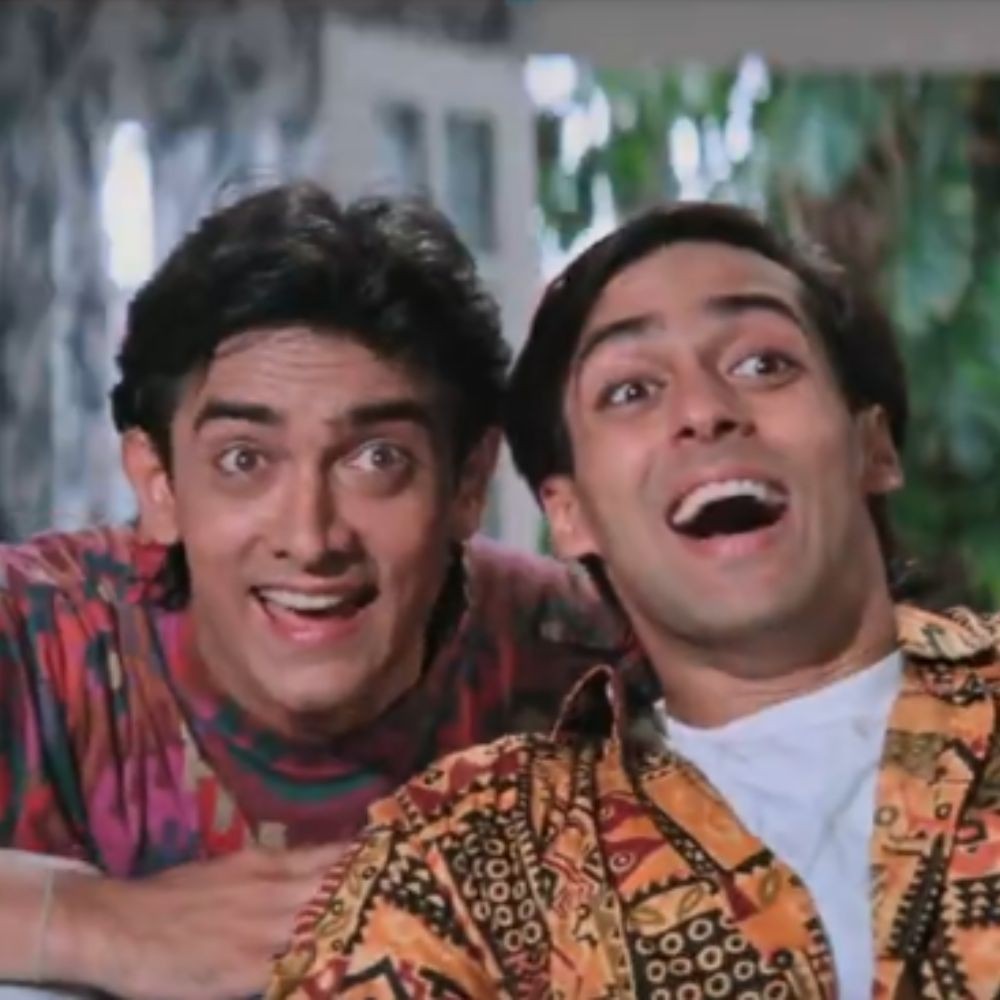Nana Patekar gets relief as Mumbai court dismisses Tanushree Dutta’s MeToo plea: ‘No reason to exercise...'
Mumbai court dismisses Tanushree Dutta’s MeToo plea against Nana Patekar, citing legal time limits. The case is closed due to insufficient evidence.

Trigger Warning: This article includes references to sexual harassment.
A Mumbai court on Friday declined to acknowledge Tanushree Dutta’s complaint of sexual harassment against veteran actor Nana Patekar and others linked to the 2008 film Horn Ok Pleasss. This decision came as a significant legal setback for Dutta, who had challenged the relief granted to the Vanvaas actor in the #MeToo case she had filed. The magistrate court dismissed her protest petition, which opposed the closure report submitted by the Mumbai police.
As per a report in Bar and Bench, Judicial Magistrate First Class NV Bansal, presiding at the Railway Court in Andheri, ruled that the complaint had surpassed the legal timeframe for prosecution, making it ineligible for judicial consideration.
"Offence in relation to alleged first incident occurred on 23/03/2008 is not within limitation and there is bar to take the cognizance of the same by the Court. There is no reason before me to take cognizance after long lapse of more than 7 years after expiry of period of limitation," stated the Court. The bench added, "Moreover, there is no reason before me to exercise extraordinary discretionary powers to condone the delay in the interest of Justice, where opportunity to hear the proposed accused is not given,” the court said.
Tanushree Dutta, a prominent voice in India’s #MeToo movement, had accused Nana Patekar of inappropriate behavior during the filming of a special song for Horn Ok Pleasss in 2008. She had publicly spoken about the incident and later formalized her allegations by filing an FIR at the Oshiwara Police Station in October 2018.
The complaint detailed not only the 2008 incident but also the subsequent harassment she faced in 2018. Dutta’s allegations played a crucial role in igniting a broader #MeToo movement across India in 2018.
However, following an investigation, Mumbai police submitted a 'B-summary' (closure) report in 2019, asserting a lack of sufficient evidence to prosecute Patekar, along with choreographer Ganesh Acharya, producer Samee Siddiqui, and director Rakesh Sarang, all of whom were named in the complaint.
Her FIR specifically accused Nana of crossing boundaries despite her clear refusal to engage in inappropriate dance steps. In response to the police’s closure report, she filed a protest petition in December 2019, demanding further investigation.
In his ruling, Magistrate Bansal cited Section 468 of the Code of Criminal Procedure, which limits the timeframe for prosecuting specific offenses. He noted that under Section 354 of the Indian Penal Code (IPC), pertaining to outraging a woman’s modesty, the maximum punishment before the 2013 amendment was two years.
According to Section 468(2)(c) of the Code, the limitation period for filing such a complaint was three years. Since Dutta lodged her complaint over a decade after the alleged incident, the case was deemed time-barred.
Similarly, the charge under Section 509 IPC, which addresses verbal or non-verbal acts insulting a woman’s modesty, carried a one-year imprisonment term before the 2013 amendment. Under Section 468, the statute of limitations for this offense was only one year. Given that the complaint surfaced more than ten years after the alleged incident, this charge too could not proceed.
The court refrained from making any determination on the factual accuracy of the case, stating that the alleged first incident could not be definitively classified as either true or false. Since legal constraints prevented the court from taking cognizance, the B-summary report filed by the police remained undisputed, leading to the case being officially closed.
Magistrate Bansal emphasized the importance of limitation laws, explaining that the legislative intent behind setting limitation periods is to ensure swift detection and prosecution of crimes.
The goal of the Code is to prevent delays that may result in lost evidence and to curb the misuse of legal provisions by initiating belated and frivolous prosecutions. Consequently, the court ruled that legal constraints barred the case concerning the alleged March 23, 2008, incident from moving forward.
Disclaimer: If you need support or know someone who is struggling with domestic violence, harassment, assault, or abuse, please reach out to your nearest mental health specialist or NGO or speak to someone about it. There are several helplines available for the same.





 JOIN OUR WHATSAPP CHANNEL
JOIN OUR WHATSAPP CHANNEL







































